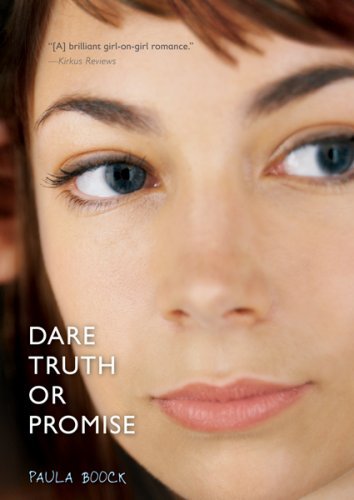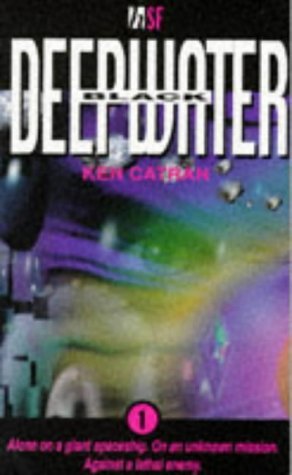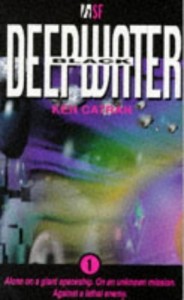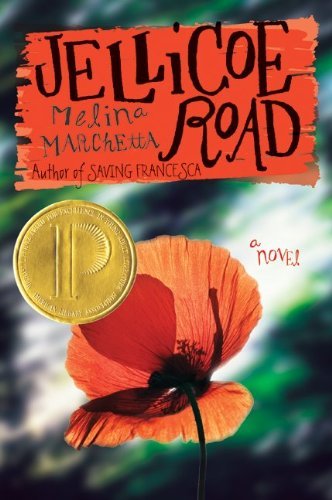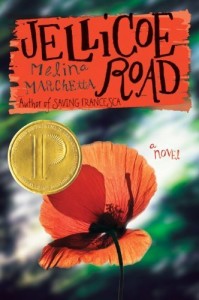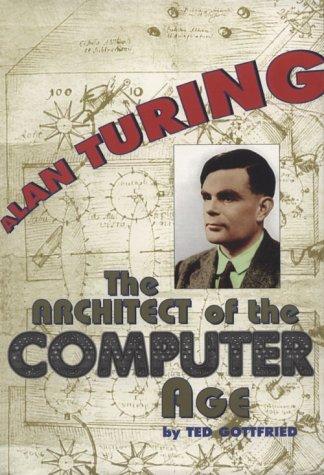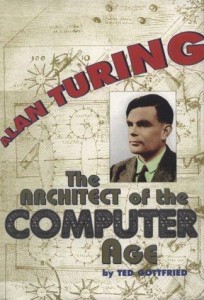 I’m about over teen gay romance novels. Or perhaps all quiltbag YA that doesn’t have a speculative element. Well, okay, I’ll make an exception for ones that aren’t glb, just because there’s so few of them.
I’m about over teen gay romance novels. Or perhaps all quiltbag YA that doesn’t have a speculative element. Well, okay, I’ll make an exception for ones that aren’t glb, just because there’s so few of them.
It’s just that this particular book had all the standard elements. Religion, freaked out family, kinda-sorta-accepting family, high school drama club complete with theatre production, car crash, dog, non-explicit sex, formal/prom. Even now I’m having trouble not confusing it with ‘that one where it’s the school newspaper and one of them is a photographer’, which is um.. The Year They Banned the Books by Nancy Garden.
I suppose it’s a little unfair of me to say it’s just like all the other books, when it’s from 1997 and set in New Zealand. To some extent, the other books are like it.
The New Zealand setting didn’t affect things much. Just some of the terms were different, and my edition had a handy glossary in the front. Not everything was in there, but I was pleased to see “goolies” made the cut. No censorship in the glossary.
I notice on Amazon that Kirkus is quoted as saying “[a] steamy, brilliant girl-on-girl romance”. Either they’re operating from a different definition of “steamy” than I am, they’re counting the hot tub scene as full of steam, or my edition really was edited!
I like the size of the book. Smallish and thin both, with a photo depiction of each of the girls on one side.
The book was readable, but I was rolling my eyes a few times. It got heavily teen angsty in one or two spots. Or was it three or four?
And early on there’s this scene where the girls are working in a fast food place and the guy in charge is sexually harassing like every girl who works for him. And though most of them don’t like it, no one does anything productive about it! Like, tell, ANYONE. Like, threaten him with a LAWSUIT. Like, QUIT! So the book has left a skeevy vibe behind all because of this one guy who isn’t even terribly relevant to the rest of the plot.
The priest’s reaction is refreshing, but I have to say not terribly convincing and believable to me. Fast food guy can sexually harass his employees without consequences, but Catholic priest can say whatever he likes about homosexuality?
At least.. I assumed he was Catholic. Or remembered him as Catholic. Is that the only Christian religion where they’re called priests and they’re celibate? Well, anyway… don’t tell the Pope what he’s been saying in 1997.
So, in sum, enough is enough. Next angsty gay teen romance I read had better at least have some zombies in it. And I hate zombies.
